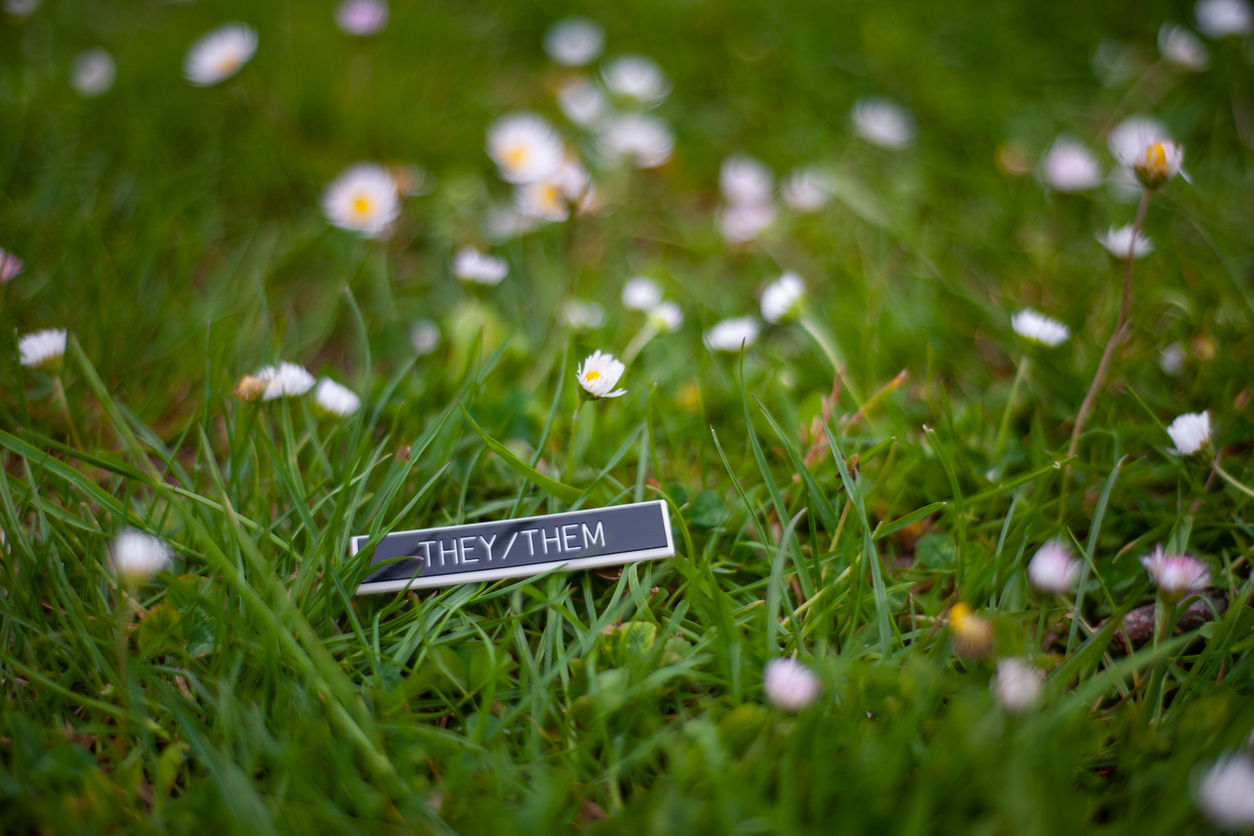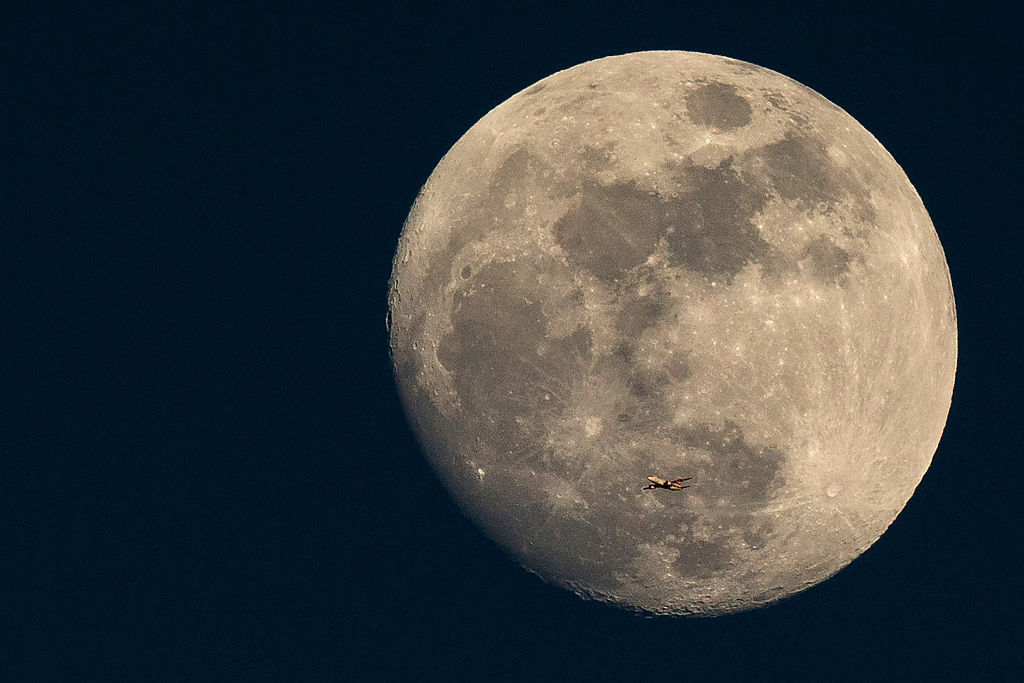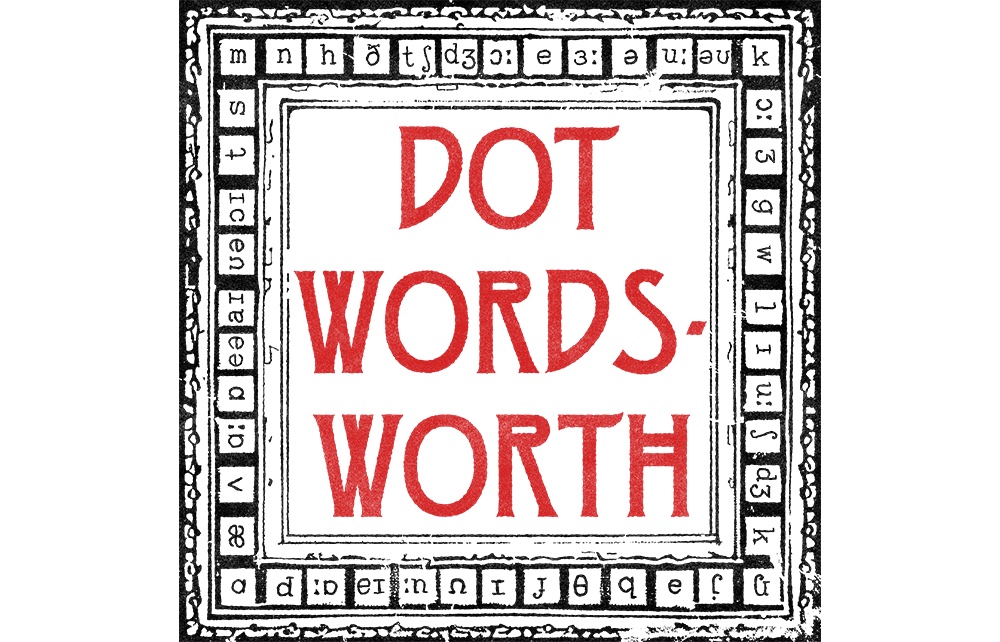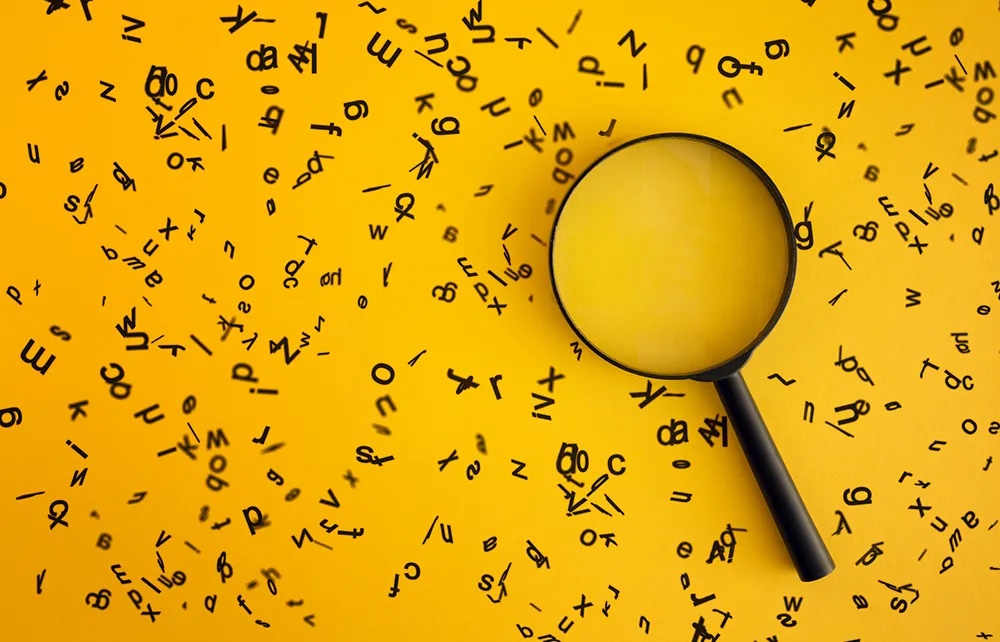I’ve never cared much for the word sibling, though I hardly knew why. The reason must be that it was introduced by a scientist, Karl Pearson, who in 1900 wrote of the “inconvenience of our language having preserved no word for either member of a pair of offspring of either or both sexes from the same parent.” So he reintroduced “a good Anglo-Saxon word,” and it stuck.
It’s not quite that simple, for cultural anthropologists had, a decade earlier, adopted sib for a kindred group, apparently from the parallel German word Sippe.
My aversion to sibling was merely its artificiality. We never used to use it in speech, but would say brother or sister. If I wanted to take a pot shot at Pearson, there would be plenty of scope, for he was an enthusiastic eugenicist, taking over from Francis Galton in 1907 as director of the Galton Eugenics Laboratory.
Eugenics was all the rage. When people talk of following the science, that is what it used to be: down with inferior races, stop the poor breeding, up with Darwinism. Pearson became the first Galton professor of Eugenics at University College London. After his time they renamed eugenics “human genetics.”
But Pearson was right about sibling being “a good Anglo-Saxon word.” Its root, sib, is far older, related to the Latin sibi, the dative of the reflexive pronoun. It had relatives (or sib) in other splendid ancient languages such as Old Church Slavonic (sebbe) and Gothic (sebja).
The two leading meanings are “kinship” and “amity” (or “peace”). In the latter sense, the Oxford English Dictionary has just introduced from Scottish England a clump of examples. Indeed it is as an unwarranted Scotticism used by Kipling in his strange poem “Tomlinson” that I first remember noticing sib being used.
The Devil says to the soul of the departed Tomlinson: “I am all o’er-sib to Adam’s breed that ye should give me scorn, / For I strove with God for your First Father the day that he was born.” He meant “related” rather than “friendly.” I suppose the Devil was the father of eugenics.
This article was originally published in The Spectator’s July 2022 World edition.

























